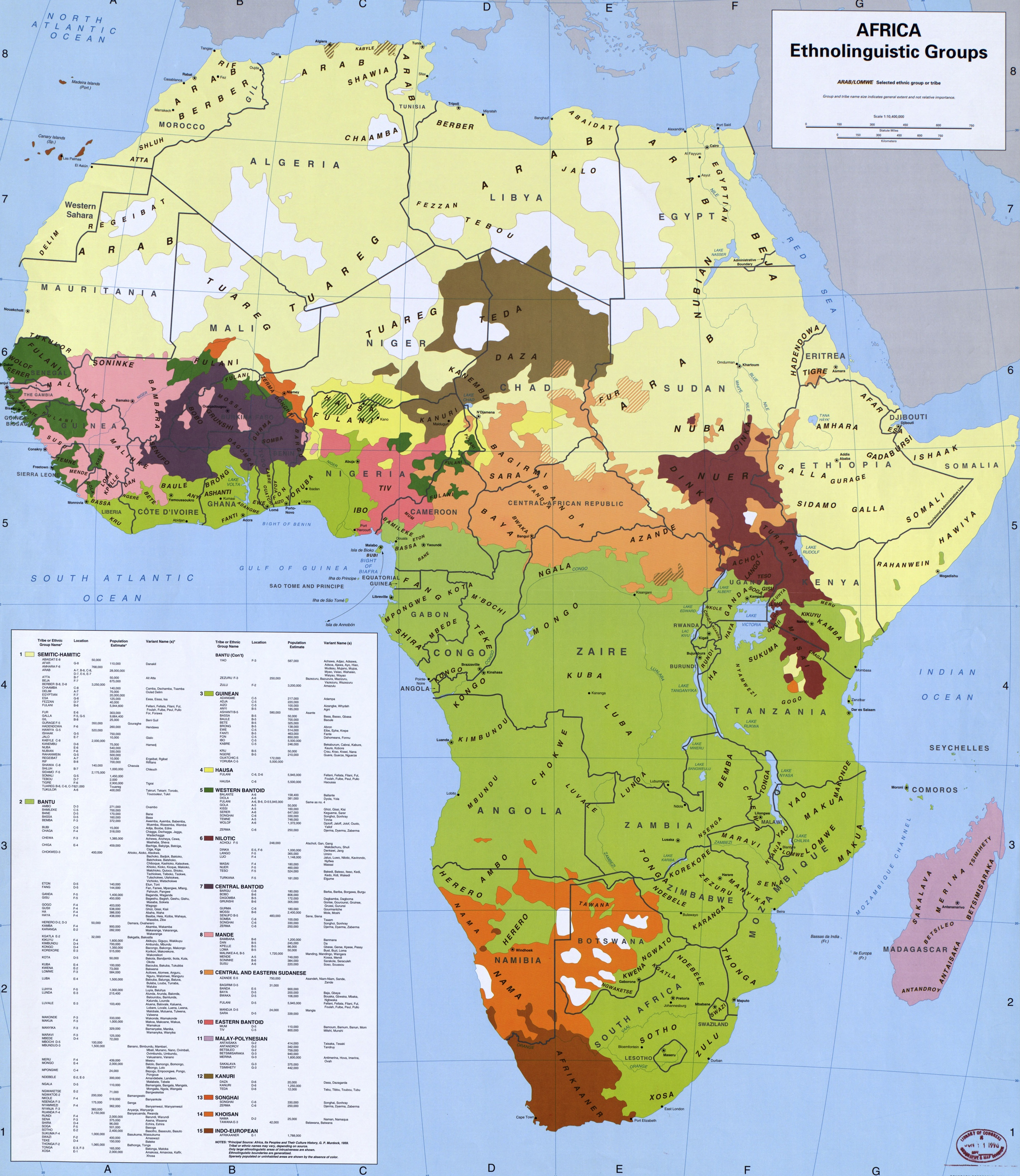To my dear corporate gentle-entities,
“Corporations are people, my friend.”
Those were the words of a presidential candidate in the last election. Pundits and talking heads have debated, defended, and debunked the notions that corporations are indeed people, with all the rights and freedoms which Western democracies recognize as coming with that category. You have poured money into lobbyists and think-tanks which have ingratiated that notion into our system of law and our economic structures. Many of our governments are currently organizing the Trans-Pacific Partnership, trade agreements which are meant to protect you as you go about your business around the world.
Witnessing these events, I have to put to you the following question: what on earth has possessed you that want to be recognized as people?
Let me inform you of the plight which those of us stuck in the “people” category have to suffer.
First, as corporations you have people defending your interests. Now I know that may sound a bit crazy, what with Occupy Wall Street not being so very far away in memory and with the general image of you not being that great among the common folk. But as I think we both know that so long as the common folk keep you in business, they can think whatever they please. Time was, a respectable man did two things as far as making a living was concerned: first, he kept himself off the government dole, and second, he made damn sure that he got what he deserved and what he needed to provide for his family from his work. Ergo, going to his employer and demanding a fair wage was his duty. Today though, it seems that it’s no longer selfish just to live on government welfare. No, even wanting a fair wage from an employer or complaining when we are wronged are now symbols of the entitlement and privilege of our spoiled generation.
You, my corporate friends, have it made! One upon a time, it was widely held that you deserved the profits you had earned. If new laws or your own inadvisable decisions resulted in lost opportunities, well that was just too bad. It was your own fault for not playing the game better by adapting to the new situation. No longer! Thanks to international “free trade” agreements, you are now able to sue our States not only for infringing on profits you already made, but on nonexistent profits which you would otherwise have been able to make! Take Australia: the government there recently instituted laws regulating the packaging of cigarettes. No doubt, the brigands thought they could subject their corporate victims to the whims of “public health” and “saving medical costs”. Fortunately, bilateral trade agreements with Hong Kong allowed Phillip Morris to sue for compensation in the billions in profits that it has not yet actually made, but which will now be smaller thanks to said laws. Suing for profits before they’re made? We Millennials can only dream of such things! We’re considered entitled just for wanting adequate pay for the work we’ve already done…if we decided to sue for what we’ve yet to earn, the pundits would have a fit, followed by a media field day.
Next, let’s take a look at general social responsibilities: specifically, the duty to look after our own. When we as simple “people” make a lot of money and then spurn our families and communities in times of need, there’s a word people use for us: “assholes.” Clearly, many of you have made the decision to invest some part of your revenues in supporting community events, kids programs, medical research, and the like. Good on you. But take the simple issue of wages…the key way in which “your own” are taken care of. When you pay your employees bad wages, you aren’t assholes, you have smart business practices! Sure, some of you decide to play the game differently. Costco sucks up to its entitled employees by paying good wages and letting them rise up in the company, Walmart doesn’t. But there seems to be quite a trend, and if the unpaid internships which are increasingly essential for us millennials and the growing love offoreign workers are any clue, that trend is to use employees as replaceable agents of labour instead of following through on that rhetoric that they are “partners” or “associates”. As people, you’d be called ethically contemptible. As corporations, you earn the big bucks and get Fortune 500 standing. Congratulations on your good business sense.
Finally, let’s examine what happens when we break laws. Here, we persons are victims of three coinciding trends, one of which is long-standing and the other two of which are more recent. First, punishments for breaking the law are enforced. Second, the stated penalties for breaking many laws are becoming harsher. Third, charging someone with breaking those laws is becoming a lot easier. But you, my dear corporations, need not worry about such things…at least, not if you’re connected and wealthy enough. One of your illustrious number carried out operations which poisoned an entire town in Alabama. One might hazard a guess that that is a lot of economic damage done (although some might ask about the individual lives ruined, bleeding hearts that they are). Monsanto’s part of the payment was$390 million, or the equivalent of 390 people getting the maximum Canadian penalty for copyright infringement (clearly, a far more serious crime). When we as “persons” fail in terms of our legal obligations, no one expects government help in fixing the situation we’ve put our personal and business lives in, outside of welfare programs which we have already paid into, and which we only access at the risk of being considered “welfare bums.” Meanwhile, one of the main banks whose bad business practices contributed to the Great Recession, which by someestimates cost the economy $12.8 trillion, paid $550 million in settlements and promised to be good boys in future. There’s a word for holding corporations to anything near the same level of legal responsibility that we hold individual people: bolshevism.
My corporate companions, you’ve seen the evidence for yourselves. You would do well to abandon the battle to be seen as “people”. As corporations, you have already fought valiant struggles to win the rights and privileges which you know and love today…and which will be even better defended in future. As people, you wouldn’t just have rights. You would have responsibilities, ones beyond just your shareholders, board members, and CEO’s. Suing governments for loss of profits might be construed as “whining” and “entitlement”. Not taking care of your own would be considered a bad thing. You might even have laws enforced on you and have to pay the full price of your actions.
Think of your liberty, my friends. Don’t debase yourselves in a pointless fight to be considered people. There’s less and less in it with each passing day.
But do think of us. One day, with hard work and if fortune is with us, perhaps people can be corporations.
Sincerely,
Your faithful and devoted Associate

 Follow
Follow



